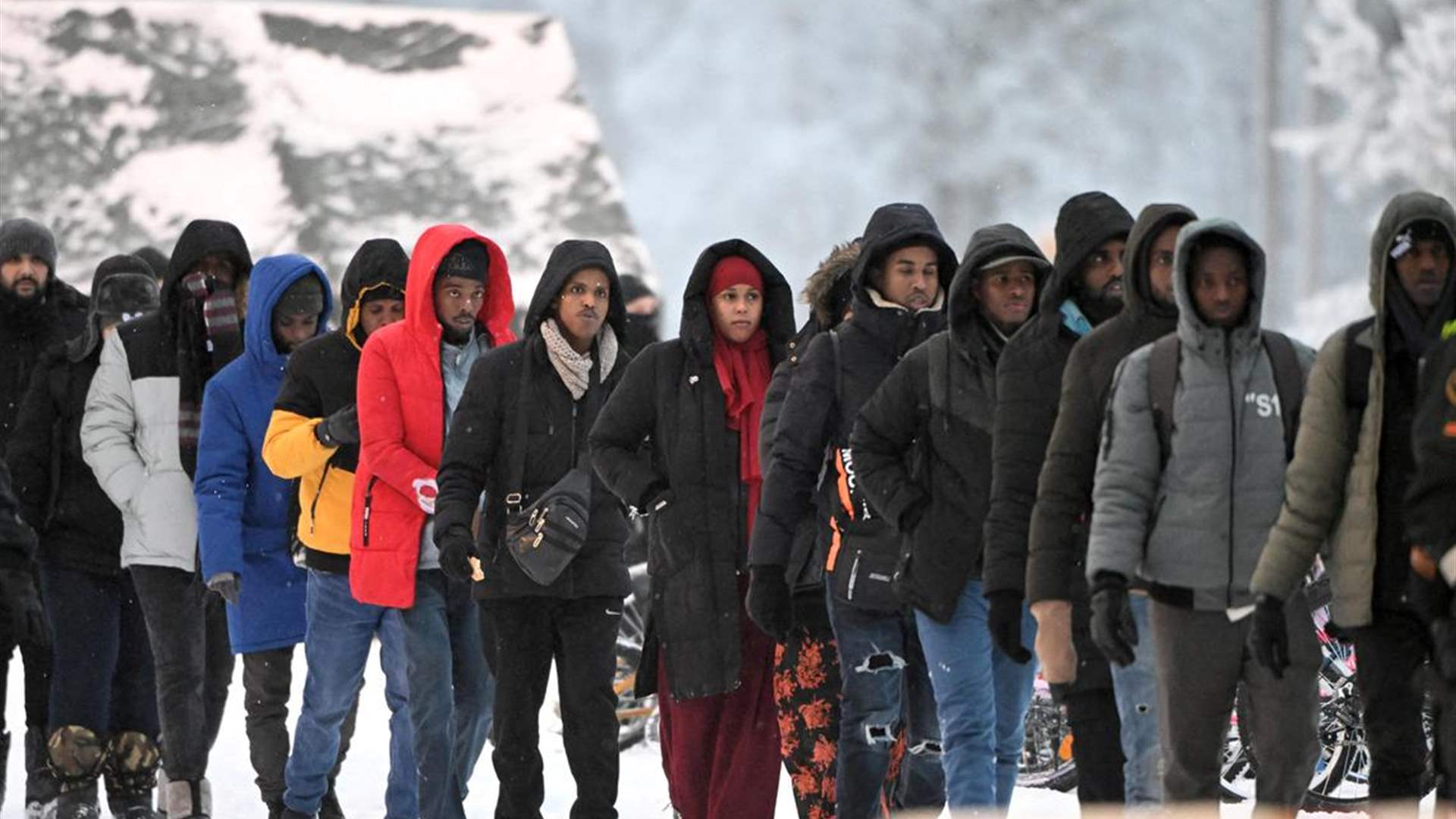Vietnam’s Ministry of Industry and Trade announced on Tuesday that a second round of trade negotiations with the United States has begun in Washington, signaling both sides’ commitment to strengthening economic ties amid shifting global supply chains and rising geopolitical tensions.
The talks, part of a broader bilateral framework established last year, focus on addressing trade imbalances, reducing tariffs, and expanding cooperation in key sectors such as semiconductors, rare earth minerals, textiles, and clean energy. The Vietnamese delegation is being led by Vice Minister Nguyen Sinh Nhat Tan, while the U.S. side is represented by officials from the Office of the U.S. Trade Representative (USTR) and the Departments of Commerce and State.
“We aim to build a more balanced, mutually beneficial, and sustainable trade relationship,” the Vietnamese ministry said in a statement. “The talks will cover technical standards, market access, digital trade, and labor rights, among other critical areas.”
The United States is Vietnam’s second-largest trading partner after China, and the two countries have seen rapid growth in bilateral commerce over the past decade. In 2024, trade volume exceeded $120 billion, driven by Vietnam’s exports of electronics, garments, and agricultural products. However, Washington has long expressed concern about Vietnam’s large trade surplus and issues related to labor practices and intellectual property enforcement.
The current round of talks is also seen as a strategic move by both sides to deepen ties amid intensifying global competition, particularly in the Indo-Pacific region. As U.S.-China tensions continue to reshape global trade flows, Vietnam has emerged as a key alternative manufacturing hub and a reliable partner for Western supply chain diversification.
For Vietnam, deeper access to the U.S. market could help offset economic challenges stemming from weak global demand, a volatile property sector, and inflationary pressures. For the U.S., strengthening ties with Vietnam supports broader goals of economic security and countering China’s influence in the region.
U.S. officials have indicated that the Biden and now Trump administrations see Vietnam as an important part of their Indo-Pacific economic strategy, especially after Hanoi was officially elevated to the status of “comprehensive strategic partner” by Washington last year.
While no major agreements are expected to be announced immediately, both sides have expressed optimism about progress. The two countries have been working toward a bilateral trade and investment framework that stops short of a full free trade agreement but lays the foundation for greater regulatory alignment and commercial cooperation.
Key topics under discussion reportedly include:
- Reduction of technical and non-tariff barriers in agricultural and industrial goods
- Collaboration on semiconductor supply chains and raw materials for chip production
- Standards on digital trade and data flows, critical to Vietnam’s growing tech sector
- Enforcement of labor rights under international conventions, including commitments to improve conditions in manufacturing sectors
U.S. trade analysts say Vietnam’s responsiveness on labor and digital issues could help it secure more favorable access to American markets and unlock foreign investment in high-value industries.
“The momentum is positive,” said Scott Kennedy, senior adviser at the Center for Strategic and International Studies. “Vietnam has shown a willingness to adapt, and the U.S. sees a strategic partner that can help stabilize supply chains.”
However, hurdles remain. Some U.S. lawmakers and labor unions are pushing for tougher enforcement on currency practices and a faster pace of labor reforms in Vietnam’s export-driven economy. Human rights organizations have also raised concerns about freedom of association and repression of independent unions.
Still, the talks mark a step forward in what both governments describe as a “pragmatic and forward-looking” relationship. With geopolitical uncertainty driving a reordering of global trade, Vietnam and the U.S. appear intent on turning mutual interests into deeper economic cooperation.
The negotiations are expected to continue throughout the week, with a joint statement anticipated at the conclusion of this round. Both sides have indicated that further rounds will follow later in the year.
Source: Reuters



